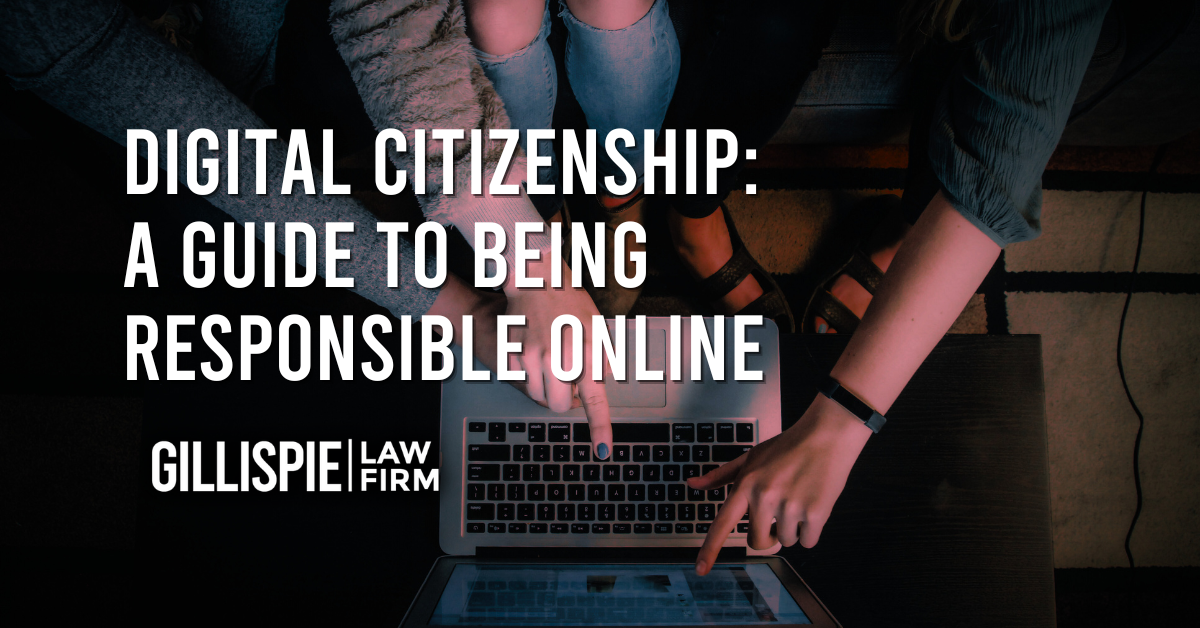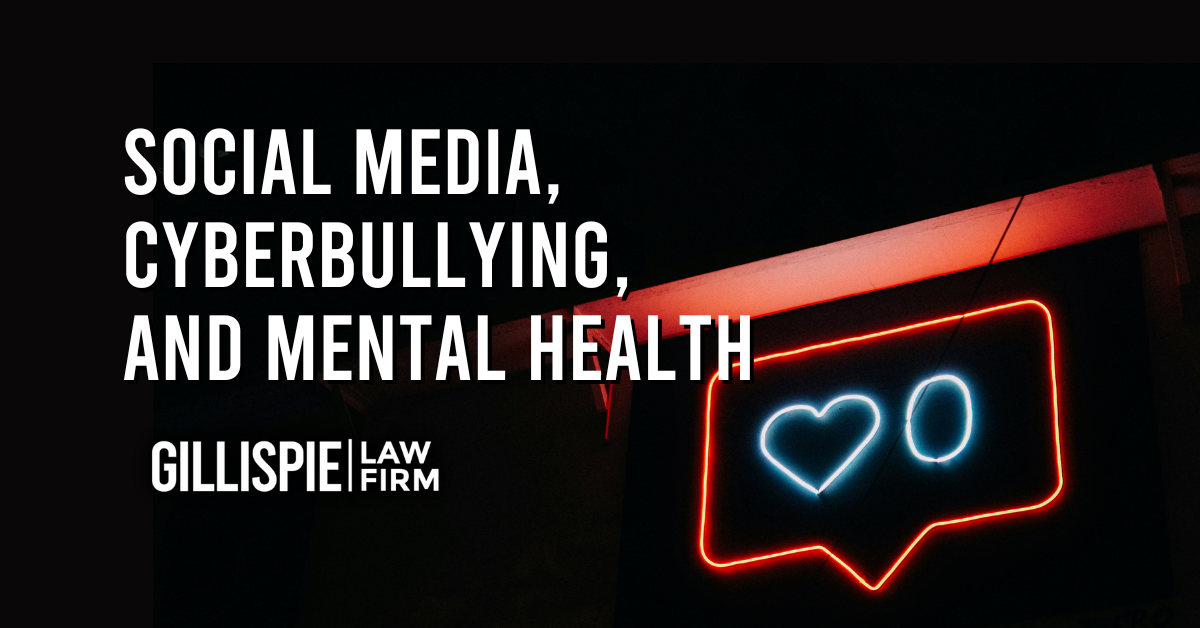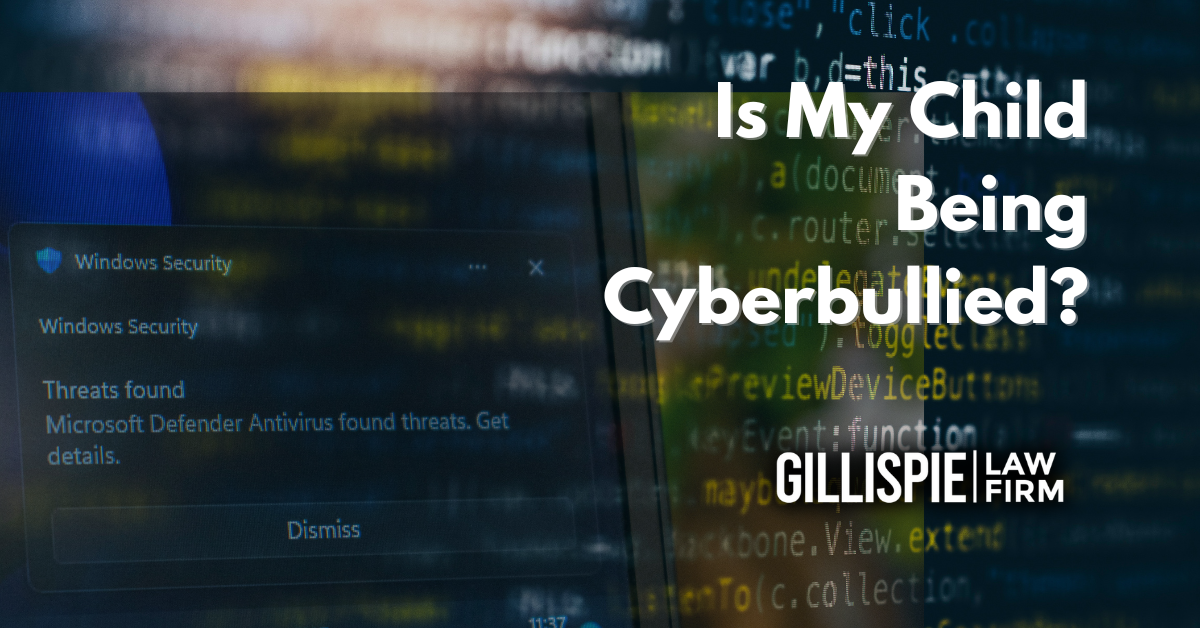What To Do If You Get Arrested?
Got arrested? Now what?
If you’re like most people, the idea of being arrested has never crossed your mind. It’s likely the furthest thing from your mind. That being said, if you find yourself in cuffs, your natural instinct might be to protest loudly and fight back. Yet, staying calm and polite is your best move. Arguing or trying to run will make the situation worse for you, even if you are innocent. You can refuse a search of your person, vehicle, or belongings; but do not lie or give false information to the police.
If you should ever get arrested, here are a few legal tips that can help you during the process.
Cooperate with the Police but Speak Little
Chances are you’ve seen one of the hundreds of police shows on TV, and heard the officer say something along the lines of:
“You have the right to remain silent. Anything you say can and will be used against you in a court of law. Anything you say can and will be used against you in a court of law. You have the right to speak to an attorney, and to have an attorney present during any questioning. Do you understand the rights I have just read to you? With these rights in mind, do you wish to speak to me?”
when arresting someone. In legal terms, this is known as the Miranda Warning. The law requires police to ‘read you your rights’ if they interrogate you. If the police ask you for your name, date of birth, and address, you should respond with that information. You also have the right to ask why the police are arresting you. Do not make excuses or try to give any explanations to the police.
Otherwise, you should invoke your Miranda Rights (you must say so out loud) and remain silent.
Inform Your Attorney of Your Arrest
If the police take you to the station, you have the right to a local phone call. You can call one person. Your lawyer should be that person. If you don’t have an lawyer, ask for one. You have a right to legal representation and you may be eligible for free counsel.
The Booking Process
If the police book you, they will photograph and fingerprint you. In addition, the police will take your personal property and lock it up for safekeeping. This includes your car keys, cell phone, money, and jewelry. The may also take your clothes. Pay close attention to ensure that the police adequately document all your personal items on a voucher. You will need the voucher to verify that they return everything when they release you from custody. If the police neglected to write something down on the voucher, you may never get it back.
The police cannot hold you indefinitely. If the police don’t book you and detain you for several hours, your lawyer can request a court appearance to challenge the detention.
Wait to Answer Any Questions Until Your Attorney Arrives
Don’t give out any information about your arrest over the phone. The police can monitor calls made from inside jail. Once you notify your lawyer, wait for their arrival. If an officer tries to question you further, remind them that you are invoking your right to remain silent and will wait for your lawyer. Again, anything you say can be used against you because it is considered evidence. Once your lawyer arrives, they will advise you on what to do.
Having a lawyer present makes it tough for the police to manipulate your words or actions during interrogation. It also makes it more difficult for the police to try to trick you into admitting fault. The US Supreme Court has ruled that the police can to lie to you to garner evidence. Therefore, it is best to have your lawyer there to help you.
Getting arrested may seem improbable right now. Nonetheless, it’s a good idea to know what to do if you ever find yourself on the other side of the law. You’re less likely to panic and go into a tailspin and make a bad situation worse. Further, memorize family phone numbers and provide them to your lawyer if you need too. Have a trusted person on file with your children’s school or daycare for pickup.
Just remember: keep calm, keep a cool head, comply only as much as necessary, and call your lawyer.



